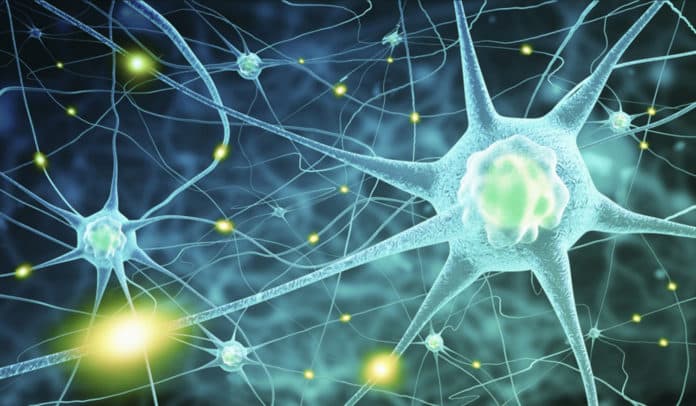A stressful incident can trigger a cascade of stress hormones that produce well-orchestrated physiological changes. Sometimes, chronic stress needs urgent actions to manage because repeated stress can significantly impact our brain.
The secretion of glucocorticoids (GCs)- a stress hormone, is a classic endocrine response to stress. Despite that, it remains controversial as to what purpose GCs serve at such times.
A new study at the University of Bristol aims to understand how glucocorticoid hormones act upon the brain and their function.
Glucocorticoid hormones play a pivotal role in stress resilience and behavioral adaptation. GCs bind to two types of receptors in the brain, the mineralocorticoid receptor (MR) and the glucocorticoid receptor (GR), which show striking differences in localization and function in the brain.
Scientists discovered a link between corticosteroid receptors- MR and GR- and ciliary and neuroplasticity genes in the hippocampus.
Scientists determined which genes interact with MR and GR across the entire hippocampus genome during normal circadian variation and after exposure to chronic stress. They also determined if any interaction can cause changes in the expression and functional properties of these genes.
Using advanced next-generation sequencing and bioinformatics and pathway analysis technologies, scientists were able to understand the action of glucocorticoid hormone via Mrs and GRs, on gene activity in the hippocampus.
A previously unknown link was found between the MR and cilia function. This role of MR in cilia structure in terms of neural development could pave the way towards resolving cilia-related (developmental) disorders in the future.
Scientists also found that the genes involved in neuroplasticity processes interact with MR and GR. However, some of these genes have been linked to the development of mental health disorders like major depression, anxiety, PTSD, and schizophrenia spectrum disorders.
The dysfunction of stress hormones in chronic stress can significantly impact mental health through these vulnerability genes. This provides scientists a new mechanism to explain the long-known involvement of glucocorticoids in the aetiology of mental health disorders.
Hans Reul, Professor of Neuroscience in Bristol Medical School: Translational Health Sciences (THS), said: “This research is a substantial step forward in our efforts to understand how these powerful glucocorticoid hormones act upon the brain and what their function is.”
“We hope that our findings will trigger new targeted research into the role these hormones play in the aetiology of severe mental disorders like depression, anxiety, and PTSD.”
According to scientists, a more detailed investigation is required on the role of glucocorticoid hormones in regulating these genes. The findings fill the gap between the long-known involvement of glucocorticoids in mental health disorders and the existence of vulnerability genes.
Journal Reference:
- Mifsud, K.R., Kennedy, C.L.M., Salatino, S. et al. Distinct regulation of hippocampal neuroplasticity and ciliary genes by corticosteroid receptors. Nat Commun 12, 4737 (2021) DOI: 10.1038/s41467-021-24967-z
